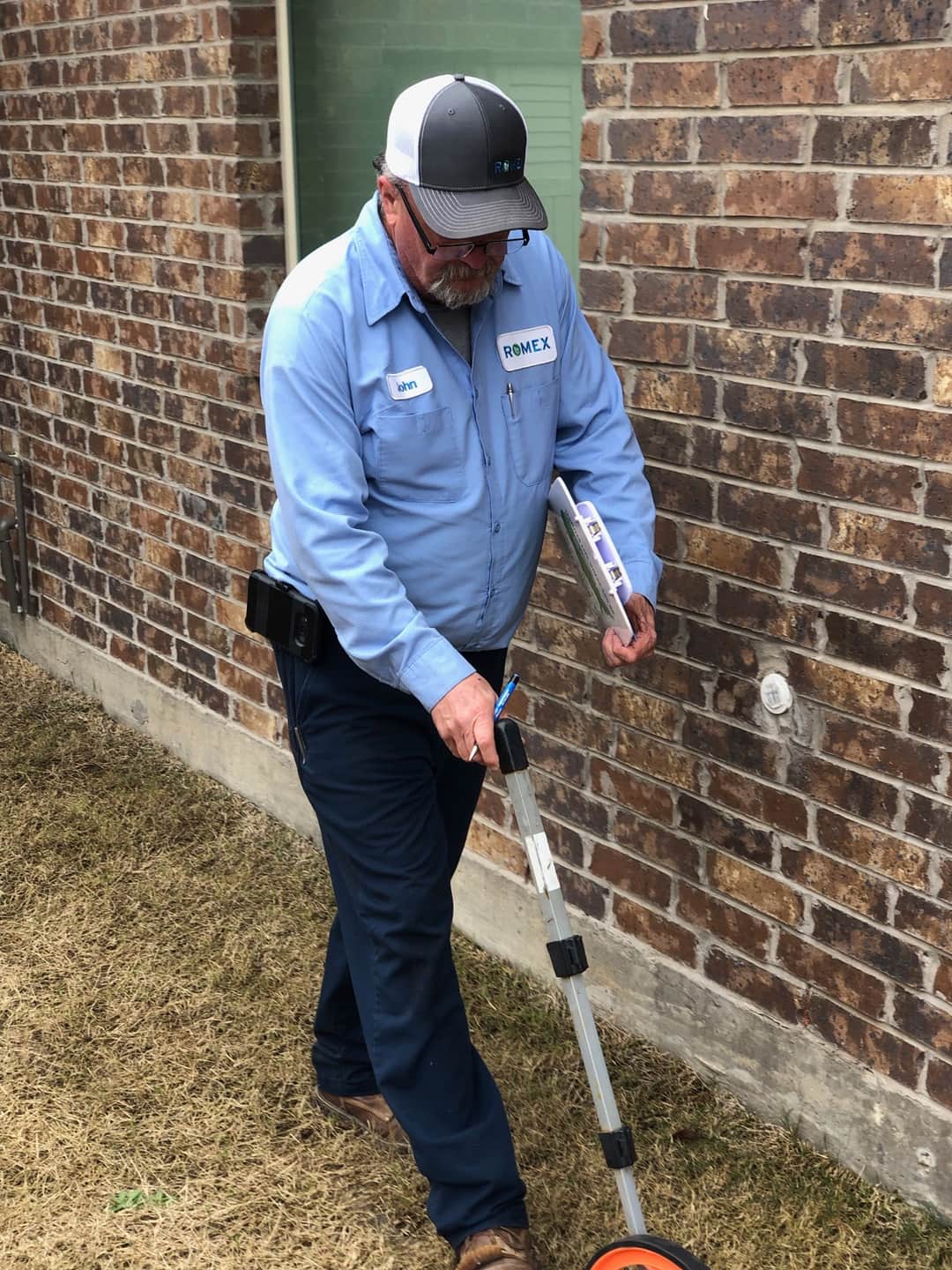Comprehensive Guide to Tick Management in the Southern United States
Ticks are a significant concern in the Southern United States, including states like Texas, Mississippi, Oklahoma, and Louisiana. These parasites are not only a nuisance but also pose health risks due to their ability to transmit diseases. This guide provides a detailed overview of common tick species in the South, their behavior, lifecycle, signs of infestation, health risks, and effective management strategies.
Understanding Ticks in the Southern States
Common Tick Species
- Lone Star Tick (Amblyomma americanum): Identified by a distinctive white spot on the female's back, known for aggressive behavior.
- American Dog Tick (Dermacentor variabilis): Commonly found in grassy areas, known to carry Rocky Mountain spotted fever.
- Blacklegged Tick (Ixodes scapularis): Also known as the deer tick, a known carrier of Lyme disease.
- Brown Dog Tick (Rhipicephalus sanguineus): Primarily infests dogs but can also bite humans.
Lifecycle and Behavior
- Four Life Stages: Egg, larva, nymph, and adult.
- Blood Meals: Ticks require a blood meal at each developmental stage after hatching.
- Hosts: Depending on the species, ticks can feed on a variety of hosts, including mammals, birds, and reptiles.
Habitats and Activity Patterns
- Preferred Habitats: Wooded areas, tall grasses, brush, and under leaf litter.
- Seasonal Activity: Most active in warmer months, but some species can remain active year-round in the South.
Signs of Tick Infestations
- Bite Marks: Unexplained bite marks, often accompanied by redness or swelling.
- Sighting of Ticks: Finding ticks on pets, clothing, or in the environment.
- Egg Clusters: Tiny, reddish-brown tick eggs in secluded areas.
Health Risks Associated with Ticks
- Disease Transmission: Ticks can carry Lyme disease, Rocky Mountain spotted fever, ehrlichiosis, and other tick-borne illnesses.
- Allergic Reactions: Some individuals may develop allergic reactions to tick bites.
- Tick Paralysis: Rare but serious condition caused by neurotoxins in tick saliva.
Integrated Pest Management (IPM) Strategies
- Personal Protection: Use of repellents containing DEET or permethrin on clothing and exposed skin.
- Habitat Modification: Keeping grass trimmed, removing leaf litter, and creating a barrier between wooded areas and lawns.
- Regular Checks: Inspecting pets and family members for ticks after spending time outdoors.
Control and Prevention Measures
- Chemical Treatments: Targeted use of acaricides in areas with high tick activity.
- Natural Predators: Encouraging the presence of tick predators like chickens or guinea fowl.
- Tick Removal: Proper techniques for safely removing ticks to reduce the risk of disease transmission.
Professional Tick Control Services
- Expert Assessment: Identifying tick species and assessing infestation levels.
- Customized Treatment Plans: Tailored control strategies based on the specific tick species and infestation severity.
- Preventive Advice: Guidance on long-term prevention and habitat management.
Conclusion
Effective tick management in the Southern United States involves understanding tick behavior, habitats, and the risks they pose.
Implementing IPM strategies, personal protection measures, and seeking professional pest control services are key to reducing tick populations and minimizing the risk of tick-borne diseases.
Stay informed about tick control. We update our articles regularly. Share your experiences or seek advice on tick management in your reviews. Your insights and experiences can provide valuable assistance to others in the Southern States dealing with tick concerns.
Remember, proactive measures and early detection are crucial in managing tick infestations effectively.
Save on Pest Control Services

Romex Pest Control Services
Discover Our Tailored Service Options
Our pest control services provide flexible options. We help protect your home or business from common pests. These pests include ants, roaches, and spiders. For immediate pest issues, we offer rapid, on-demand treatments.
Preparing to sell your property? Our real estate inspections uncover potential pest problems.
Opt for our bi-monthly or quarterly treatments for continuous exterior and interior protection.
Our experts will regularly treat your property. We use safe methods that are friendly for families and pets. This helps manage current pests and stops future infestations.
We also offer specialized services for targeted pest issues such as termites, bed bugs, mosquitoes, and more.
Please contact us today to explore the best pest management options for year-round safeguarding your property against insects.
Your Path to a Pest-Free Home or Business
Customer Testimonials
Romex Pest Control is dedicated to keeping you, your children, and your pets safe. We offer an eco-friendly, child-friendly, and pet-friendly pest control solution that is guaranteed.
We are confident in solving all pest, rodent, and termite problems.
Romex Pest Control is fully insured and licensed in Texas, Oklahoma, Louisiana, and Mississippi.
Hours
M-F 8 am–5 pm
Sat 8 am–2 pm
Sun Closed
Established 2016 © Copyright 2025 Romex Pest Control





